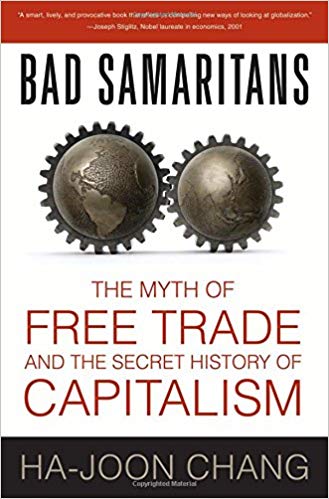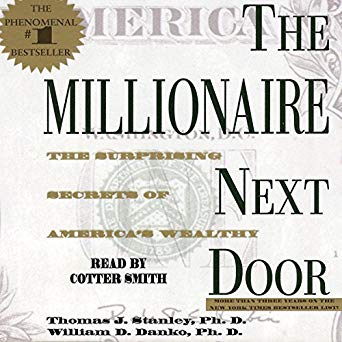
Capital in the Twenty First Century.
Review
It is a bad habit of mine to review good books with hyperbole, where I describe a merely good book as a fearsome work of art or a divinely revealed look at the nature of humanity. For here, I'll tone it down a bit: whether you agree with it or not, Capital in the Twenty-First Century is a profoundly important book and will continue to dominate economic and policy discussions for years.
The very title is a provocation. The use of the word 'Capital' calls to mind Karl Marx's major investigation on the nature of money, Das Kapital. Piketty is anything but an orthodox Marxist, or anything orthodox at all. His dismissal of the concept of the labor theory of value would upset traditional Marxists, and his conclusions on the natures of capitalist free market systems would anger the neo-Classicals and Austrians.
The second thing you'll notice is that Piketty heavily relies on statistical analysis. Many of his citations lead to an external database, which can be found here. One of the chief struggles in economics is the split between developing theoretical models and statistical analysis. Piketty refuses to build the theory first, and much of the book is structure around the data. The primary focus of his study is France. This is not from national chauvinism, but from the wealth of well-maintained data which dates back to the revolutionary era in the 1790s. He does also refer to other developed countries in Western Europe and the United States. The scale and nature of his methods indicate the scale of his topic - inequality.
The first part of the book is a framing of how markets and national economies work. He begins with a historical examination of other theories, start with the early classical economist David Ricardo and ending with the modern development theories of Simon Kuznets. Piketty focuses on a re-examination of the role between assets and income, and how much capital growth increases faster than the growth of the rest of the economy. If capital incomes are more concentrated than those from labor, then those who get income from stored capital instead of their labor will have their income increase faster than the national growth rate.
This leads to a reinterpretation of the past two centuries of economic history. The most stunning conclusion is that the nature of industrial capitalism will necessarily contribute to further income inequality. The only exception to this rule has been the 30 years after the end of WWII and ending with the oil shock and end of the gold standard.



